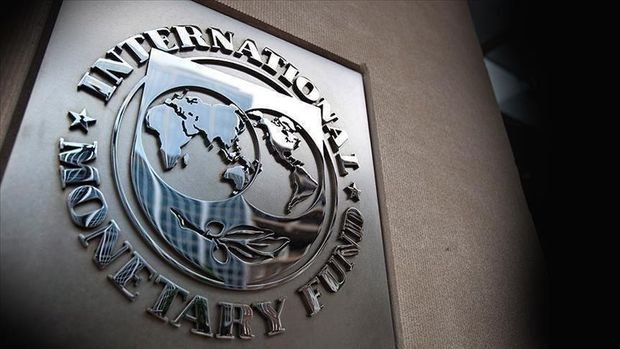Economic analysis from IMF after completing its visit to Türkiye
IMF economists completed their visit to Turkey and announced their growth forecasts over the weekend. Accordingly, the IMF estimates that Turkey's growth will slow from 4 percent in 2023 to 3.25 percent in 2024. The fund's current account deficit/GDP expectation for Turkey is around 3 percent for 2024. The IMF, which expects inflation to decline to 46 percent by the end of 2024, predicts that this year will end with 69 percent inflation. In a report prepared after its visit to Turkey, the International Monetary Fund (IMF) stated that they welcomed the policy change of the economic administration that took office after the elections. A team led by James P. Walsh visited Turkey between September 25-29, 2023 to discuss the latest economic developments, outlook and policies. The report published by the IMF regarding its visit to Turkey stated that the recent steps towards raising the policy rate, increasing taxes and liberalizing some financial sector measures reduced risks and increased investor confidence, and that the reserve position of the Central Bank of the Republic of Turkey (CBRT) was also improved. According to the estimates published in the report prepared by IMF economists after their visit to Turkey, the IMF predicted that Turkey’s growth would slow from 4 percent in 2023 to 3.25 percent in 2024. The fund’s current account deficit/GDP expectation for Turkey is around 3 percent for 2024. The IMF, which expects inflation to decline to 46 percent by the end of 2024, predicts that this year will end with 69 percent inflation. The IMF stated that its estimates reflect the increase in the policy rate and the liberalization of some measures in the financial sector. Technical analysis The assessment, which argued that the increase in the policy rate was positive and yielded positive results, stated that “In order to permanently reduce inflation, it is necessary to continue increasing the policy rate. In addition, in order to increase the power of price signals in money and credit markets, there should be less reliance on quantitative measures (meaning macroprudential measures). This practice will help to fix a market-priced yield curve.” It was stated that the high policy rate will also support the TL by allowing markets to use their funds more efficiently, thus supporting the fight against inflation through the exchange rate channel (strong TL). It was emphasized that the impact of high interest rates on banks is still at a manageable level, but that the impression is given that banks are preparing for short terms. In the IMF statement, it was argued that the policy of increasing reserves is understandable, but that reserves should be increased by “evaluating good opportunities” without creating risks, and that no intervention should be made in the direction of purchases. The IMF also emphasized that the easing of macroprudential measures is positive and that further progress can be made, but that the easing of measures such as liraization and currency-protected deposits may need to proceed more cautiously, and that the real policy rate may need to be waited to exceed the neutral level.


